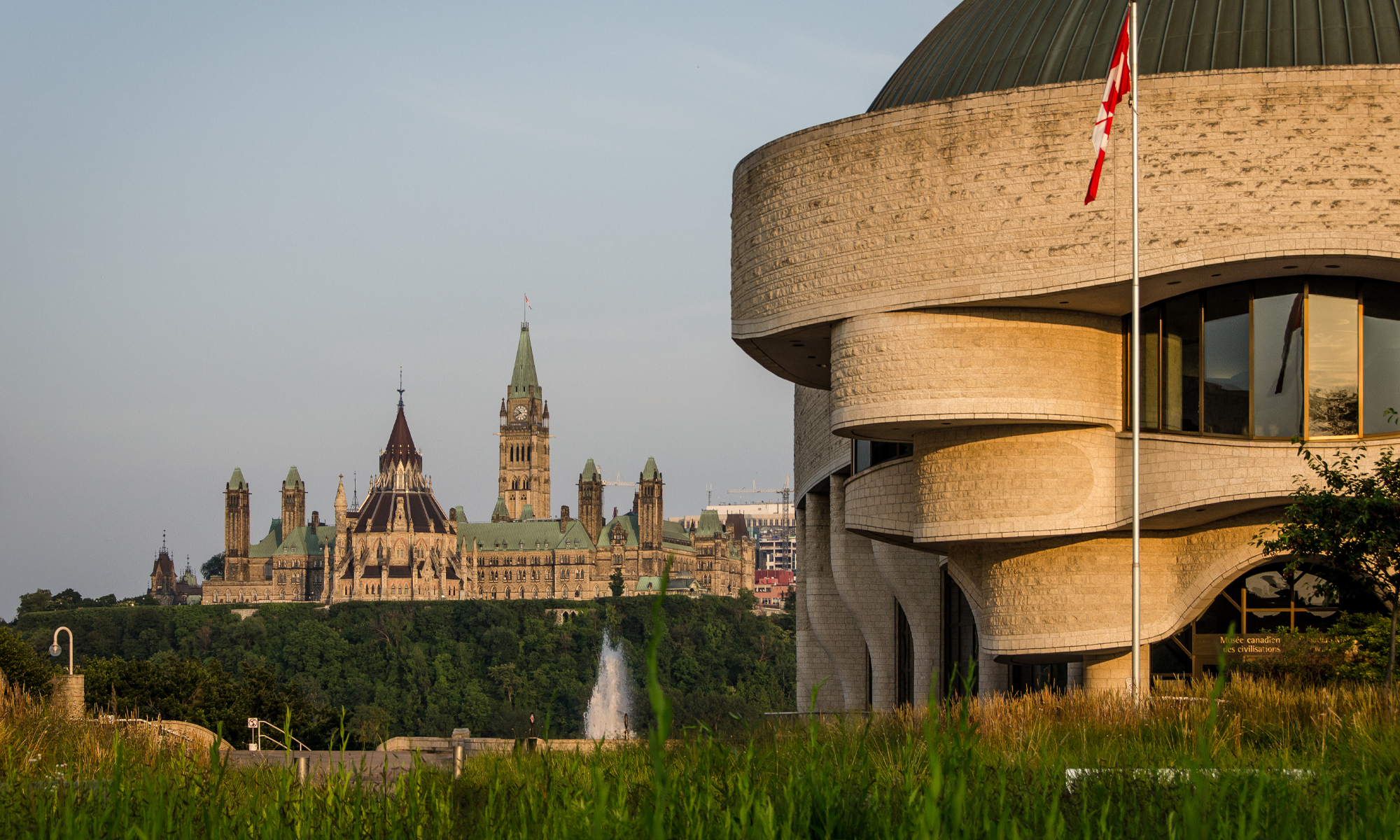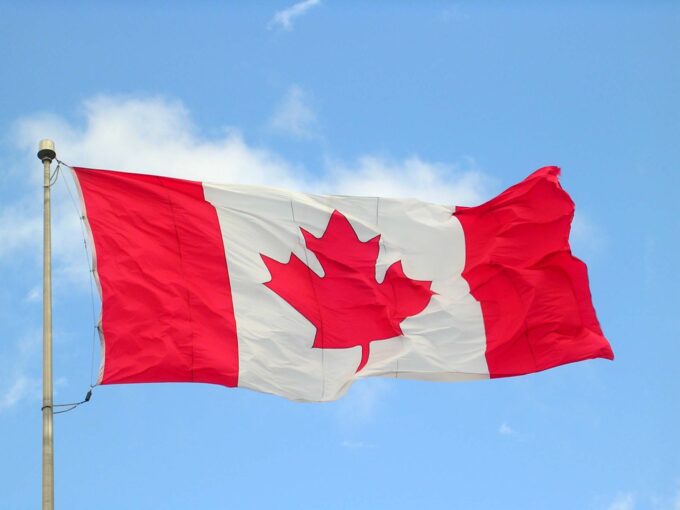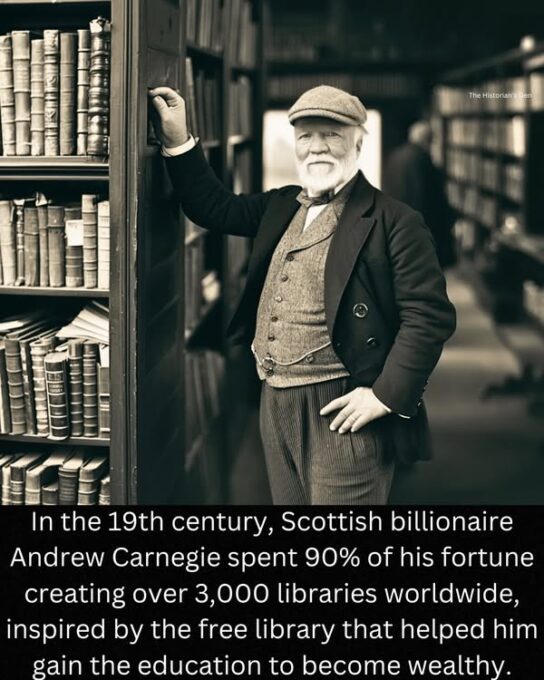This Week’s Online Genealogy Events
Choose from selected free online events today. All times are ET except as noted. Assume registration in advance is required; check so you’re not disappointed. Find out about a few more, mainly US events, at Conference Keeper.
Tuesday 18 February
2 pm: Ottawa Virtual Genealogy Drop-In, OGS Ottawa Branch.
https://ottawa.ogs.on.ca/events/virtual-genealogy-drop-in-2-2025-02-18/
2:30 pm: DecipherInk: Language Learning for Genealogists, by Taieno Kaiser for Allen Country Public Library Genealogy Center.
https://acpl.libnet.info/event/12680591
7 pm: The Davenports of Simcoe County, by Pam Tessier for OGS Nipissing Branch.
https://nipissing.ogs.on.ca/events/nipissing-branch-the-davenports-of-simcoe-county-pam-tessier/
8 pm: Applying Research Standards to the Census, by Diane MacLean Boumenot for BCG and Legacy Family Tree Webinars.
https://familytreewebinars.com/webinar/applying-research-standards-to-the-census/
Wednesday, 19 February
2 pm: Navigating the Mayflower Families Silver Books: A Guide for Genealogists, by Bonnie Wade Mucia for Legacy Family Tree Webinars.
https://familytreewebinars.com/webinar/navigating-the-mayflower-families-silver-books-a-guide-for-genealogists/
7 pm: Stories From New France – Part 3, by Carol Ufford and Dawn Kelly for OGS Thunder Bay Branch.
https://thunderbay.ogs.on.ca/events/thunder-bay-branch-stories-from-new-france-part-3
Thursday 20 February
6:30 pm: Who Walked These Streets? How to Build an Online Platform for Historic Neighborhood Research, by Elizabeth Hodges for Allen Country Public Library Genealogy Center.
https://acpl.libnet.info/event/12680502
Friday 21 February
12 pm: Research Your Roots in Alsace Lorraine, by Gail Blankenau for Legacy Family Tree Webinars.
https://familytreewebinars.com/webinar/research-your-roots-in-alsace-lorraine/
7 pm: Tremaine’s Maps, by Graham Segger for OGS Niagara Peninsula Branch.
https://niagara.ogs.on.ca/events/tremaines-maps-with-graham-segger-niagara-peninsula-branch-webinar-series
Saturday 22 February
1 pm: HMS Speedy: Tragedy and Mystery, by Dan Buchanan for the Kingston and District Branch of the United Empire Loyalists’ Association of Canada (UELAC)
https://kingston.ogs.on.ca/events/uelac-kingston-meeting-22-feb-2025-dan-buchanan-hms-speedy-tragedy-and-mystery
EXTRA
Sunday 23 February
1 pm: Creating an Ancestor Sketch – A New Approach to Genealogy, by Thomas MacEntee for OGS Halton Peel Branch
https://haltonpeel.ogs.on.ca/
Oceans of Fate: Peace and Peril Aboard the Steamship Empress of Asia
Today is the official release date of this book by Dan Brown. Find out about it in an interview on the Active History podcast. hosted by Sean Graham.
10 AI Uses Every Genealogist Should Know
Researching at LAC online: upgrades for 2025
A news post from LAC on 17 February. The strategic plan to 2030 includes a user comment “We are a big country. Not everyone can come to a centralized location to research their heritage. Better to digitize what we can so more people can access it.” Sadly, LAC’s commitment to digitization is weak. The only reference to AI is ” LAC will benefit from work being conducted in other domains, such as the digital humanities and ethical artificial intelligence.”



 Saturday 15 February
Saturday 15 February